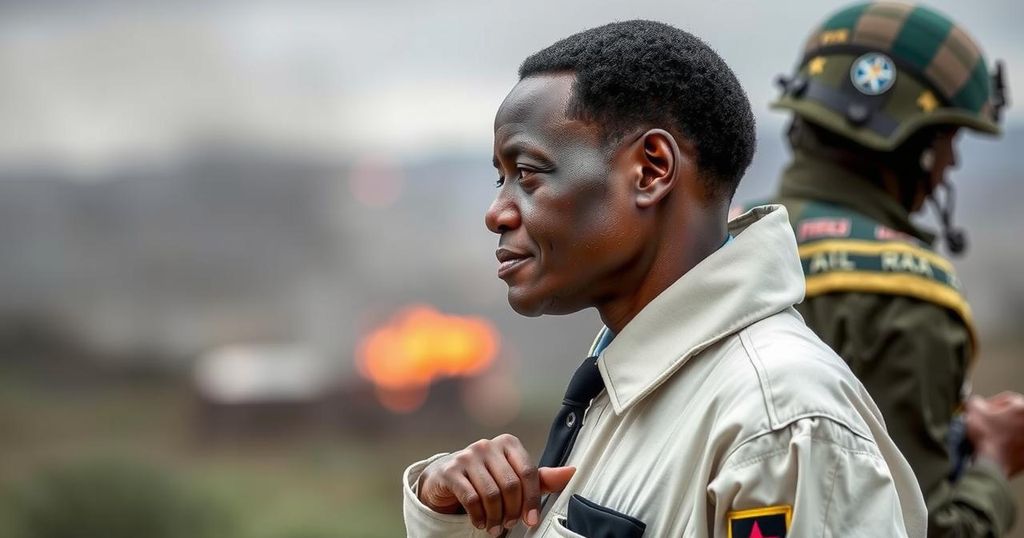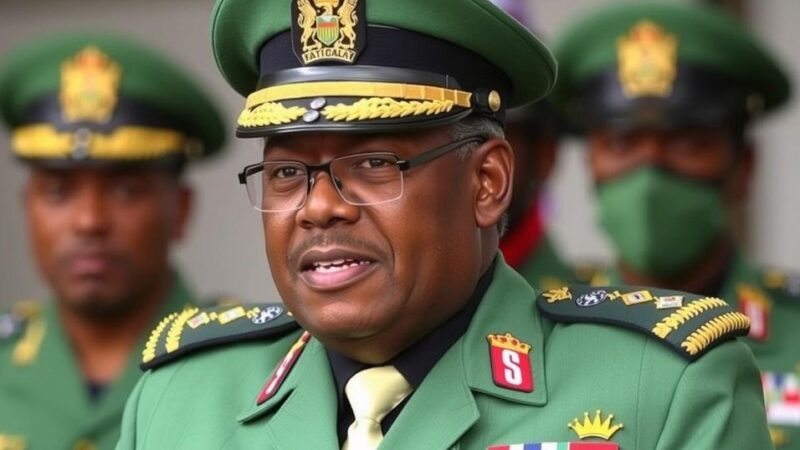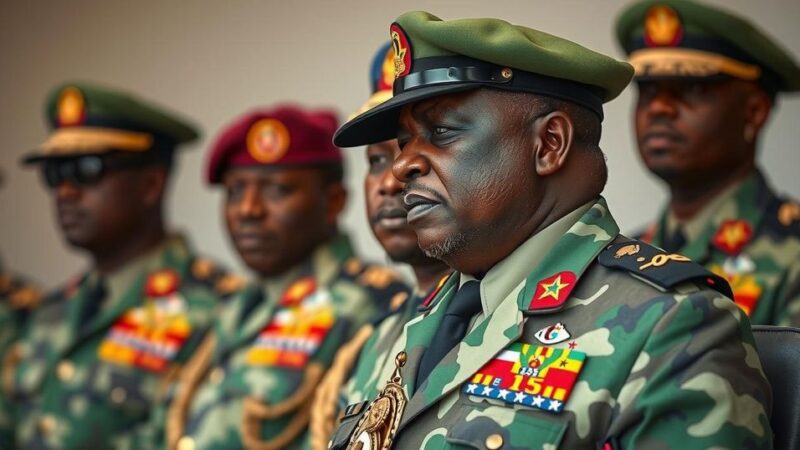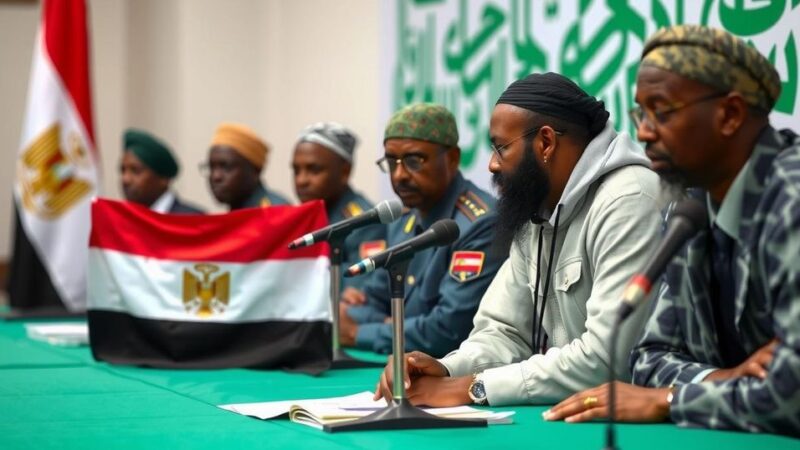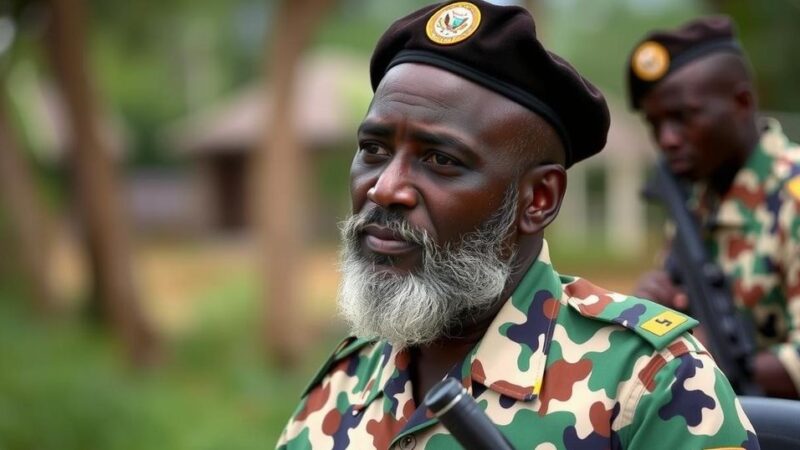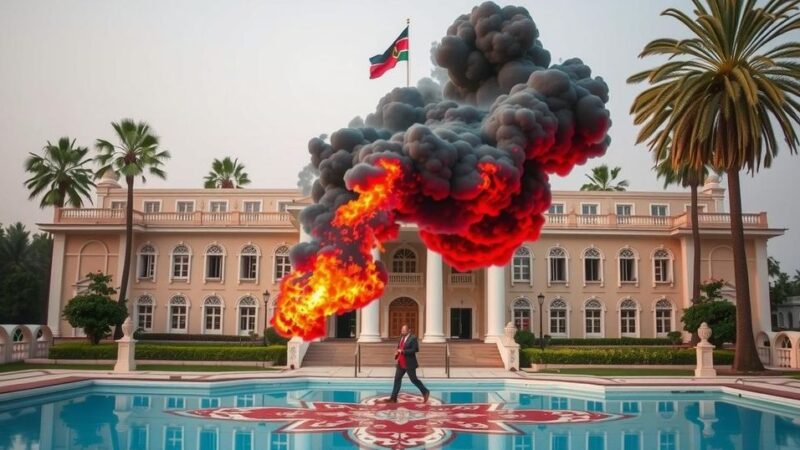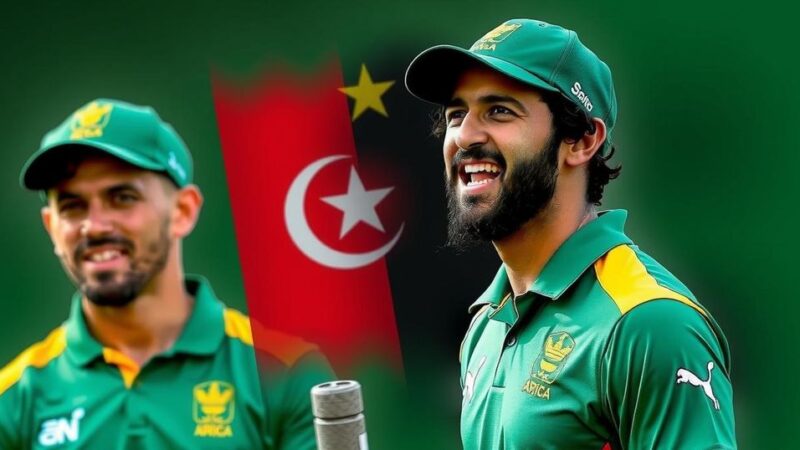Rwandan President Paul Kagame denies accusations of supporting the M23 rebel group, claiming its fighters originated from Uganda. He refutes a UN report linking Rwanda to military collaboration with M23, attributing the ongoing conflict to historical grievances and ethnic bias. Kagame criticizes the DRC government’s failure to address internal issues and the international community’s ineffectiveness regarding the FDLR militia, emphasizing the complexity of the conflict in eastern DRC.
Rwandan President Paul Kagame has firmly denied allegations of Rwanda’s support for the M23 rebel group, asserting instead that the group’s main fighters have their origins in Uganda. Addressing a recent United Nations report that accused Rwanda of military assistance to the M23, Kagame questioned the basis of linking Rwanda to the conflict, stating, “The fighting was started by the main group that was in Uganda. So how did it become a Rwandan problem? What is the basis, and for how long do we explain this? Up to what point?”
Kagame provided context regarding the historical movement of M23 fighters, many of whom he claimed were refugees in Uganda following the group’s dissolution in 2012-2013. He highlighted that these individuals had been disarmed and returned to the Democratic Republic of Congo (DRC) government. According to Kagame, these fighters are not the instigators of the ongoing conflict, reiterating his assertion that the main group responsible for the fighting originated from Uganda.
In contrast, the UN report presents evidence indicating collaboration between the Rwandan Defense Forces (RDF) and M23, alleging that RDF troops are employing advanced military equipment to establish dominance in eastern DRC. The report details significant territorial expansion by M23, allegedly capturing crucial resources and strategically important areas.
Kagame rejected these claims, suggesting an underlying ethnic bias in the accusations. He noted that many M23 fighters speak Kinyarwanda and have faced persecution in Congo, stating, “The only reason Rwanda comes into question now for this is for a couple of reasons. One, these are Rwandophones speaking Kinyarwanda, but that is also what maybe became their main crime in Congo.” He emphasized the international community’s negligence towards the FDLR, a militia linked to the Rwandan genocide.
Furthermore, Kagame criticized the DRC government for failing to address its internal issues and instead blaming Rwanda for its challenges, which he asserts deflects responsibility from the Congolese authorities. He questioned the effectiveness of international interventions, particularly by MONUSCO, in resolving the long-standing issues in the region. As the situation in eastern DRC remains unstable, M23 continues its territorial push, generating significant international concern and condemnation.
The Democratic Republic of Congo has been embroiled in conflict for decades, with various armed groups, including M23, vying for control over rich mineral resources and territory. Rwanda has long been implicated in the region’s conflicts, with accusations of supporting rebel groups situated in the eastern DRC. The UN has often reported military collaboration between Rwanda and armed factions in the DRC, intensifying scrutiny of Rwanda’s actions in the region. President Kagame’s statements are positioned against a backdrop of complex regional dynamics interwoven with historical grievances and ethnic tensions.
In summary, President Kagame’s assertions regarding the origins of the M23 rebel group and accusations of Rwandan involvement underscore the complexities of regional conflicts in Eastern DRC. While he dismisses the UN report as unfounded, the international community remains concerned about the implications of armed group activities in the region. The tensions illustrate the need for addressing historical grievances, governance failures, and the urgent need for peace and stability in the DRC.
Original Source: chimpreports.com

